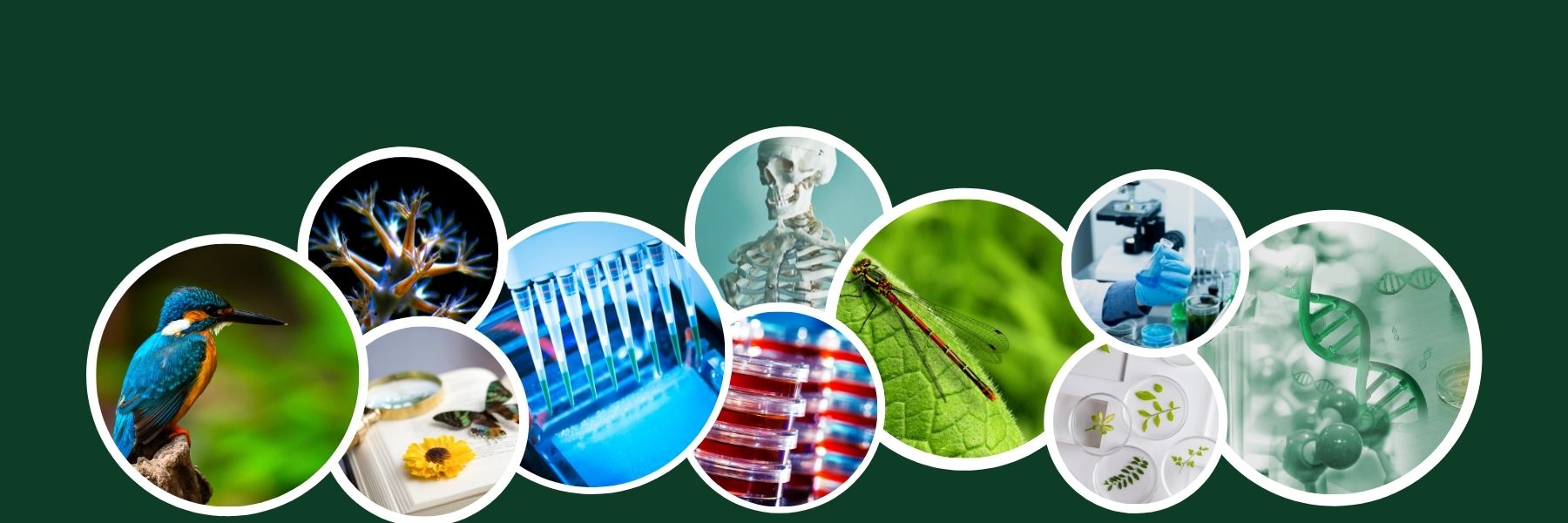Biology today
From a predominantly descriptive science, biology has developed into an exact natural science, which studies living creatures in the natural environment with equal interest to the planning and performing laboratory experiments. We are now living in a world of the most fascinating biological discoveries that are rapidly expanding our knowledge of the structure and function of living systems.
Starting from the individual as a whole and the cells as the basic unit of life, biologists work with scientists from other fields of natural sciences to reveal the molecular and submolecular foundations of life, and to explain the mysteries of inheritance and the complex processes that enable the genetic records to be created in the numerous and diverse forms of life on Earth. Biologists also research higher integrational units, such as organisms, populations, communities and ecosystems. Furthermore, they are interested in learning how living creatures adapt to their environment, how they behave, and how they evolved from a common ancestor.
Scientific research
The research carried out as part of the scientific research projects at the Department of Biology is very diverse. The living world is investigated at the levels of cells and molecules (molecular biology, genetics, immunology, virology, cell biology), and at the level of organisms, from microorganisms to plants and animals (microbiology, botany, zoology). Intensive ecological research is carried out on plants and animals, and comprises both field studies and laboratory work. The aim of these studies is new scientific knowledge that is the foundation of technology development and progress of our society.
Biology careers
The range of careers for biologists is very wide. Biologists focusing on ecology take part in various types of field and laboratory research. In addition to performing scientific research, ecologists are essential in numerous other activities, such as construction, industry, urbanism, physical planning, energy and transport. Their expert knowledge is applied to protect nature and preserve the environment.
Molecular biologists conduct scientific and applied research in the fields of medicine, biomedicine, veterinary medicine, agriculture, forestry, food science, chemical and pharmaceutical industries, biotechnology and genetic engineering.
Masters of Education in biology and chemistry are entrusted with teaching biological content to pupils in primary and secondary schools. This is a responsible and noble profession, in which the greatest reward may just be knowing that they have expanded the pupil's knowledge and sparked their interest in biology. The educational role is of immeasurable value, as only well educated people can become free, responsible, tolerant and satisfied citizens of their homeland.
Regardless of their specialisation, some of the best students will dedicate their futures to carrying out scientific and teaching work at the academic level.

 Pristupačnost
Pristupačnost